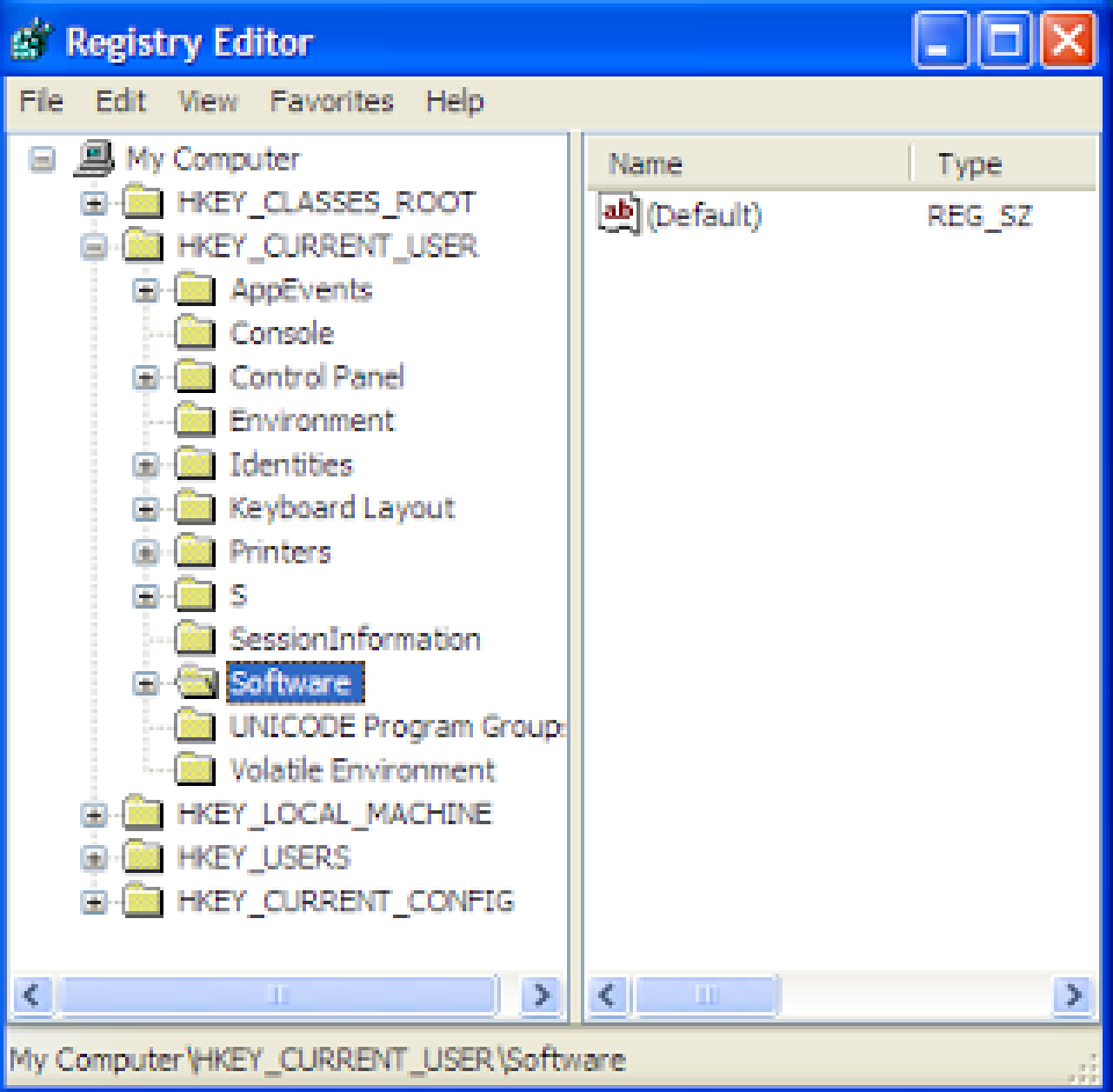Registry Cleaners: Effective or Scam?
Registry Cleaners claim to discover hidden errors that can slow your computer down and cause problems, however, they may not be a legitimate fix.
In recent years Registry Cleaners have become very popular for Windows users. These programs claim to discover hidden errors that can slow your computer down and cause problems. They offer to find the errors for free, and often fix them only after the user buys the program. But what is the registry, and does it need to be cleaned anyway?
Data Tree
The Windows registry is just a big database - an organized tree of text that stores all sorts of information, from user preferences to important system data. It's basically where Windows keeps all its notes.
When you install a new program, it will often write to the registry, adding branches to this text tree. Sometimes these branches get left over and become unused, even after you've removed the original program.
Registry cleaners search the database for these leftover "orphan" branches and delete them. In theory, that's a good idea - no need to have unnecessary data slowing the computer down. The problem is that registry cleaners aren't perfect at identifying leftover branches. Sometimes they delete branches that are still in use, and suddenly the program that depends on the branch might stop working or lose data. Some registry cleaners even make up fake errors just to convince users to purchase them, and it can be hard to tell legitimate programs from the bad ones. Even removing genuine leftovers doesn't really speed up a computer, because Windows ignores unused entries anyway.
The Bottom Line
In the end it's best to avoid registry cleaners. There can be real registry errors that need to be fixed on some computers, but it's best to have an experienced technician do that instead of a program that hasn't been tested on your system and might do more harm than good.

 Member Connect
Member Connect